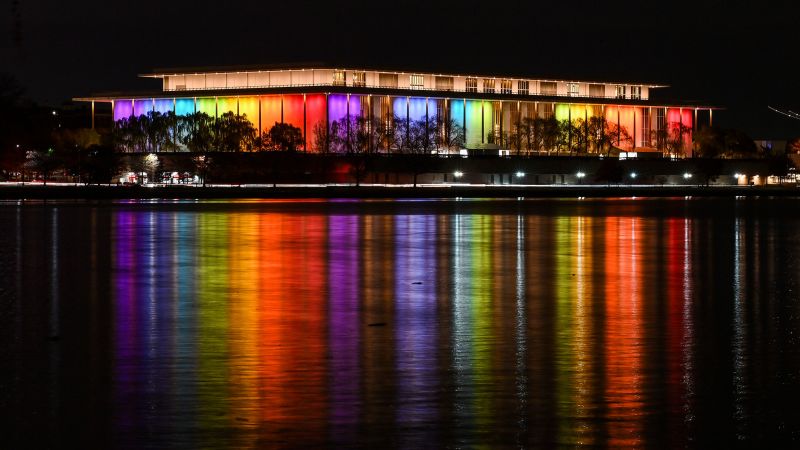Pride Celebration Derailed: Kennedy Center Abruptly Pulls LGBTQ+ Event Lineup

In a surprising turn of events, the Kennedy Center and festival organizers have abruptly canceled a series of planned LGBTQ+ celebration events scheduled for this summer's World Pride festival in Washington, D.C. The cancellation comes amid significant leadership changes and a notable shift in organizational priorities at one of the nation's most prestigious cultural institutions.
The unexpected decision has left many in the LGBTQ+ community and arts supporters puzzled and disappointed. What was once anticipated to be a vibrant week of performances, discussions, and celebrations highlighting LGBTQ+ rights and culture has now been unexpectedly shelved, raising questions about the underlying reasons for such a sudden cancellation.
While specific details remain limited, the sudden withdrawal of support suggests deeper organizational challenges that may be impacting the cultural landscape of LGBTQ+ representation and artistic expression in the nation's capital. The cancellation not only affects the planned events but also potentially signals a broader recalibration of the institution's approach to diversity and inclusive programming.
